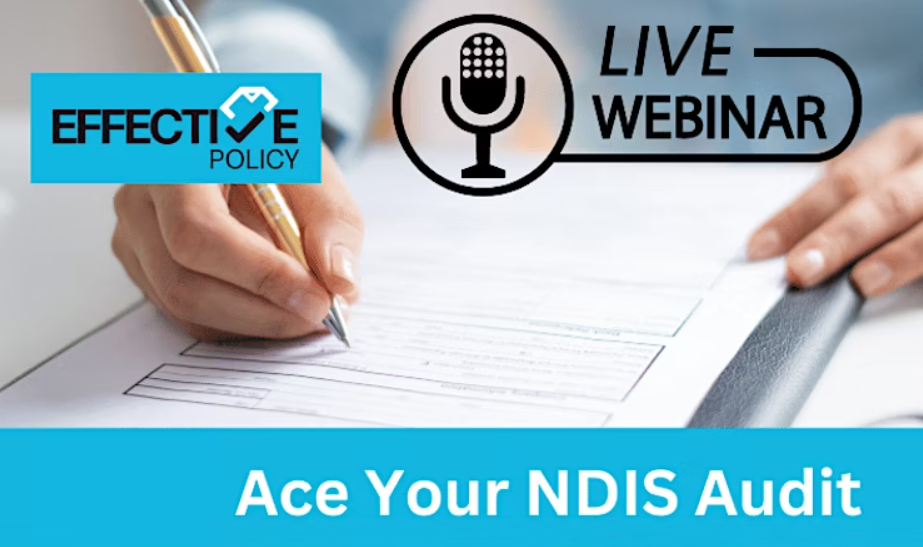
Navigating the registration process as a provider under the National Disability Insurance Scheme (NDIS) can be complex and time-consuming. However, the right technology and tools can significantly streamline this process. In this blog post, we’ll explore some essential technologies and tools that can assist you in becoming an NDIS provider, ensuring compliance, efficiency, and ease.
Understanding the NDIS Provider Registration Process
Before diving into the tools, it’s important to understand what NDIS provider registration entails. The process involves several steps, including:
- Preparing Documentation: Gathering necessary documentation such as business details, policies, and procedures.
- Completing the Application: Submitting an online application through the NDIS Commission portal.
- Verification or Certification: Depending on the services provided, undergoing either a verification or certification audit by an approved quality auditor.
- Ongoing Compliance: Maintaining compliance with NDIS standards and regulations.
Given these requirements, let’s explore the technologies and tools that simplify each step.
1. Document Management Systems (DMS)
A robust Document Management System is crucial for organising and managing various documents required for NDIS registration. The tools help in:
- Storing documents securely.
- Easy retrieval of documents when needed.
- Collaboration among team members.
- Ensuring version control and document integrity.
These systems ensure that you have quick access to all necessary documentation, which can be a lifesaver during audits.
2. Policy and Procedure Templates
Creating policies and procedures from scratch can be daunting. Utilising the NDIS policy and procedures templates specifically designed for providers can save time and ensure compliance. Websites like Effective Policy offer comprehensive templates that cover all necessary areas, including:
- Risk management.
- Incident reporting.
- Service delivery standards.
These templates can be customised to fit your organisation’s specific needs and ensure that all regulatory requirements are met.
3. Online Training Platforms
Ensuring that your staff is well-trained on NDIS standards and practices is critical. Online training platforms like Effective Policy Learning Catalogue offer courses tailored to NDIS requirements. These platforms provide:
- Interactive and engaging training modules.
- Tracking of staff progress and completion.
- Certificates of completion for compliance records.
These tools ensure that your team is knowledgeable and compliant with NDIS standards.
4. NDIS Compliance Software
A specialised NDIS compliance management system can automate many aspects of the registration and compliance process. These tools offer features such as:
- Automated reminders for renewals and audits.
- Comprehensive compliance checklists.
- Incident and feedback management.
Using such software reduces the risk of missing critical compliance deadlines and helps maintain continuous adherence to NDIS regulations.
5. Project Management Tools
The registration process involves multiple tasks and deadlines. Project management tools like Trello or Asana can help in:
- Breaking down the registration process into manageable tasks.
- Assigning tasks to team members.
- Tracking progress and deadlines.
- Ensuring accountability.
These tools enhance coordination among team members and keep the registration process on track.
6. Digital Signatures
The NDIS registration process involves signing numerous documents. Digital signature tools like DocuSign or Adobe Sign can expedite this process by allowing:
- Secure and legally binding electronic signatures.
- Tracking the status of documents.
- Reducing the need for physical paperwork.
This speeds up the registration process and ensures a secure and verifiable way to handle sensitive documents.
7. Consultation Services
Lastly, engaging with professional consultation services specialising in NDIS registration can be invaluable. These services, such as Effective Policy, offer expert guidance throughout the process. They can provide:
- Tailored advice based on your specific circumstances.
- Assistance with audit preparation.
- Ongoing support to ensure compliance.
- Consultation services can significantly reduce the learning curve and help avoid common pitfalls in the registration process.
Conclusion
Registering as an NDIS provider doesn’t have to be a daunting task. Leveraging the right technology and tools can streamline the process, ensuring compliance and efficiency. By investing in these technologies, you can focus more on delivering high-quality services and less on administrative hurdles. Embrace these tools and set your organisation on the path to successful registration.

